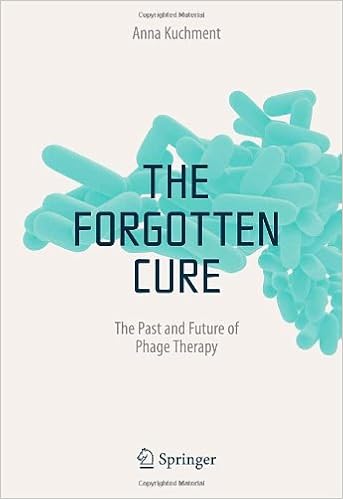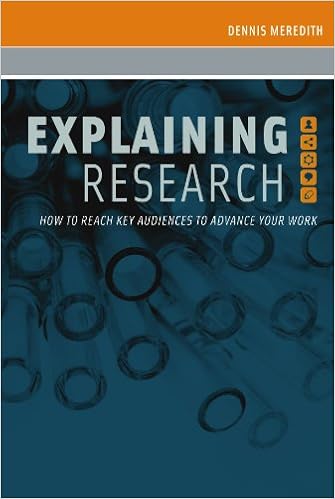This novel is about Roman Emperor Julian who reigned briefly between 361-363 AD. In Christian traditions, he is known as Julian the Apostate, someone who abandoned the true faith.
In a typical Gore Vidal's style, the author "resurrected" Julian so he could write his own "autobiography" and explain his actions.
The writing style and historical accuracy about Emperor Julian makes this novel a great read. Especially the first half of the novel is truly remarkable piece of historical literature.
Julian was a member of the dynasty established by Constantine the Great. It was during the reign of Emperor Constantine that Christianity became officially acknowledged religion. Persecution of Christians (Galileans) was abolished and Christians were allowed to practice their religion in peace. Constantine's house even accepted Christianity as their house religion.
However, Christianity and its religious doctrines as this stage were not monolithic. All kind of Christian branches co-existed and frequently fought each other quite violently. In general, in early Roman Empire people were allowed to practices their own religions (with few exception like Christianity) and religious tolerance was common place. Before 4th century AD Hellenistic traditions dominated religious lives of Roman citizens. However, by the time of Julian, Christianity with its more intolerance stance towards paganism (Hellenism) was gaining hold among Roman population.
This was the context when Julian came into power. Julian grow up to dislike Christian religion. He had witnessed murder of his relatives at the hand of "pious" christian Emperor Constantius II. He questioned obvious hypocrisy of such actions from Christian religion's point of view. However, his response as Emperor was to ignore Christianity and to embrace Hellenism with its animal sacrifices.
posted by David Usharauli
Tweet




